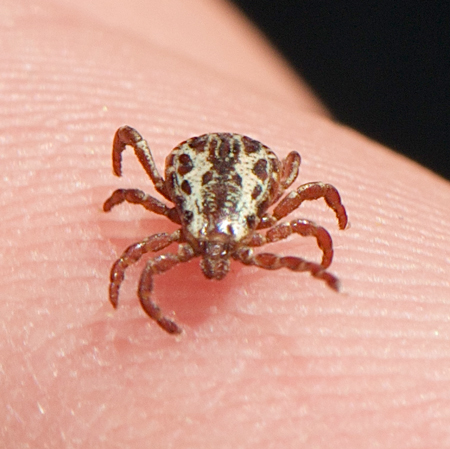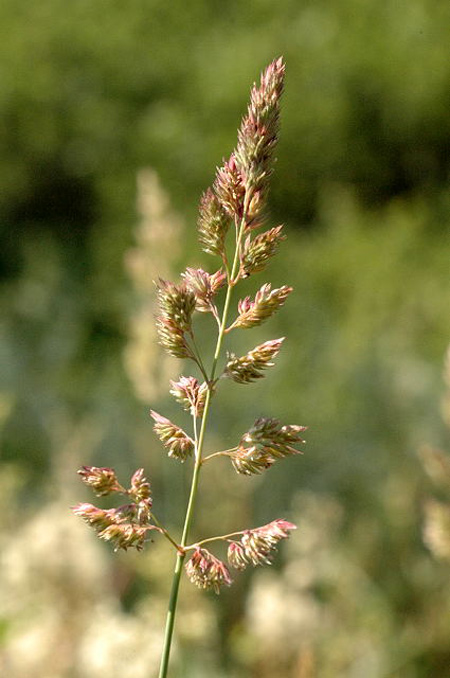The men use ropes to pull the barge against a current full of roiling sand. They make ten miles and camp late in the day near present Waverly, Missouri. Lewis prepares a specimen of reed canary grass (Phalaris arundinacea) and Clark says the mosquitoes and ticks are numerous and bad.
In Need of New Oars
by Yellowstone Public Radio[1]Originally aired weekdays by Yellowstone Public Radio during the Bicentennial observance of 2003-2006. Narrated by Hal Hansen. Scripts by Whit Hansen and Ed Jacobson. Produced by Leni Holliman. © … Continue reading
Towing the Boat
the Current is verry Strong all this day, So that we were obledged to waid & Toe the boat over sand bars, &.C— we encamped on the North Side of the River, Jest above a verry bad Sand bar
—John Ordway
The Hunters Return
Set out at 7 oClock at about a mile ½ we Came to the Camp of our hunters, they had two Bear & two Deer . . . . we took in the meat & proceeded on.
—William Clark
Ticks and Mosquitoes
the misquitoes and Ticks are noumerous & bad.
—William Clark
Lost Specimen No. 19
No. 19. Taken at the old village of the little Osages; the seed were now ripe; it grew in great abundance in the prarie from five to six feet high; it gave the plain much the appearance of an extensive timothy meadow ready for the sythe . . . . the horses were very fond of this grass and I am disposed to believe that it would make a valuable grass for culture.— this grass is common in the praries or bottom lands as high as the river Platte and perhaps further— it is a fine sweet grass and I am confident would make good hay.——
—Meriwether Lewis
Moulton identifies this undated, lost specimen, received by John Vaughn in 1805 (see The Donation Book), as Phalaris arundinacea, reed canary grass.[2]Gary E. Moulton, ed. Journals, “Fort Mandan Miscellany”, vol 3:457, 467.
Weather Diary
the wood duck now has it’s young, this duck is abundant, and except one Solatary Pelican and a few gees these ducks were the only aquatic fowls we have yet seen
—Meriwether Lewis
Notes
| ↑1 | Originally aired weekdays by Yellowstone Public Radio during the Bicentennial observance of 2003-2006. Narrated by Hal Hansen. Scripts by Whit Hansen and Ed Jacobson. Produced by Leni Holliman. © 2003 by Yellowstone Public Radio. |
|---|---|
| ↑2 | Gary E. Moulton, ed. Journals, “Fort Mandan Miscellany”, vol 3:457, 467. |


